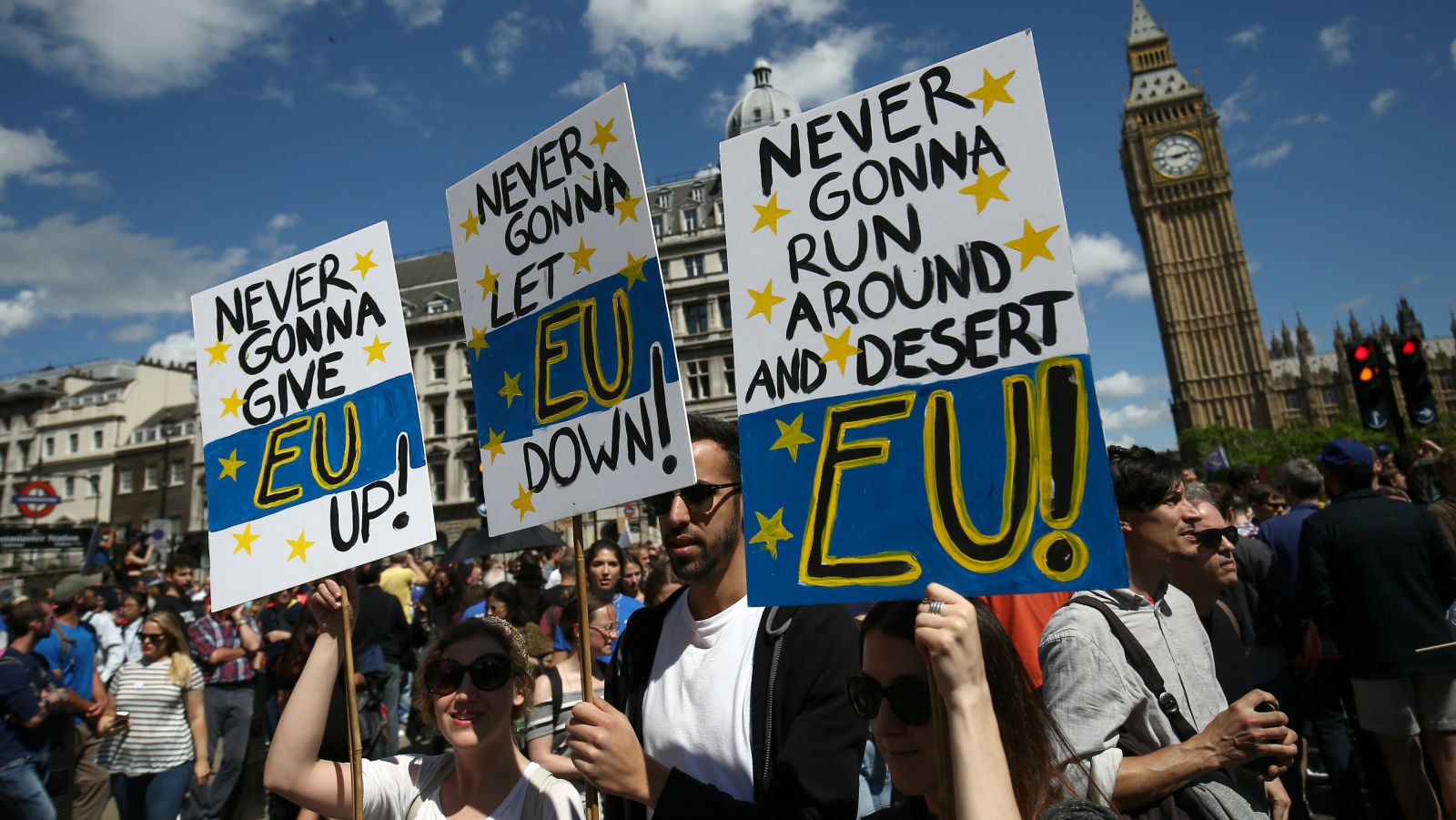On 1 July, commemorations took place on both sides of the Channel, to pay respect to the 1 million British, French and German young men whose death or injury at the Battle of the Somme collectively symbolised the horror, anonymity, ruthlessness and total futility of the Great War. Five months of carnage for an advance of five miles for the British side. The highest number of casualties in Britain’s entire military history. The total absence of humanity. Ironically, out of this furnace of hell came some of the most eloquent and moving poetry and prose of the 20th Century. Indeed, what is perhaps less known about the First World War, is that more writers and poets fought in it, than in any other battle in History.
So how does the Europe of 1916 square with that of 2016? I would say that we have done well. Europe is today the most prosperous continent on the globe, governed by democracy, liberty and the rule of law. We have been at peace for more than 70 years. We are the envy of so many other nations and citizens. Unfortunately, it is precisely this positive historical perspective that we have lost sight of over the last ten years. It is as if with Europe united, we are now imploding, actively seeking out divisions and purposefully burying the opportunities, optimism and hope that we worked so hard to erect over the last six decades.
Like many European citizens, I am personally deeply affected, disappointed, ‘wounded’ by the result of the UK Referendum. Overnight, fourty-three years of cooperation, dialogue and trust simply evaporated. Unfortunately, the Brexit debate channelled the multiple frustrations, fears and anger of UK citizens, with Euro sceptics now hoping for a Referendum in France, Denmark, the Netherlands, Austria, Hungary and Poland. How short is our memory! Nonetheless, the will of UK citizens must be respected and to question the outcome of the Referendum would only deepen the gap between Citizens and political Institutions. For the next few months, the key determinant will without doubt be UK public opinion: how it will develop and how it will be expressed by the British political class.
At the European and also Member State level, it is imperative that the 27 Member States seize the momentum and demonstrate that the EU can drive the agenda and bring concrete and positive results for sustainable growth, quality jobs, security & terrorism, refugees & migration. In the longer-term, to demonstrate that Europe can care for its citizens and that at times this means that Europe should do more and that at other times, it should do less. Similarly, today, we need a Europe which is mature enough to recognise that our future can only be that of a differentiated and multi-speed body. It would be politically naïve to continue to believe in a single objective or model for the EU, realised at the same time and in exactly the same way by all Member States. However, it is also crucial that at the national level, the benefits and opportunities of EU membership are effectively communicated by national authorities and local actors, allowing citizens to make informed decisions.
As Winston Churchill stated in 1946 in Zurich, when asked what could be the remedy from saving Europe from “infinite misery”: “It is to recreate the European fabric…and to provide it with a structure under which it can dwell in peace, safely and freedom. Therefore I say to you, let Europe arise!“.
But in 2016, who is to recreate this European fabric? It is my firm belief that today more than ever, civil society, local authorities, cities, regions and citizens must demonstrate their solidarity with each other and notably with their counterparts in the UK. Why not launch city-city cooperation EU-27 to UK: Amsterdam with London, Milan with Manchester? Why not set up Erasmus-style exchanges across Europe for farmers, craftsmen, young workers? Why not propagate a European civic service? Why not provide the opportunity within the EESC, for an EU-wide debate on the priorities of civil society for the EU, by launching a citizen’s State of the Union already in September? Why not encourage all European citizens to taste the fruit of sixty years of peace, cooperation and dialogue?
Dear friends, in the endless cycle of human history, when we can only make sense of our present and future by remembering our past, allow me to recall the thousands of graves of British soldiers scattered throughout Normandy, Sicily, Crete. Young men who died so that we ‘Europeans’ can be free and united. United in 1945, united in 2016, united as citizens in our hopes, dreams and future!
Luca Jahier is President of the Various Interests Group of the EESC


![[foto: imagoeconomica]](https://www.eunews.it/wp-content/uploads/2025/01/Imagoeconomica_1020043-350x250.jpg)









